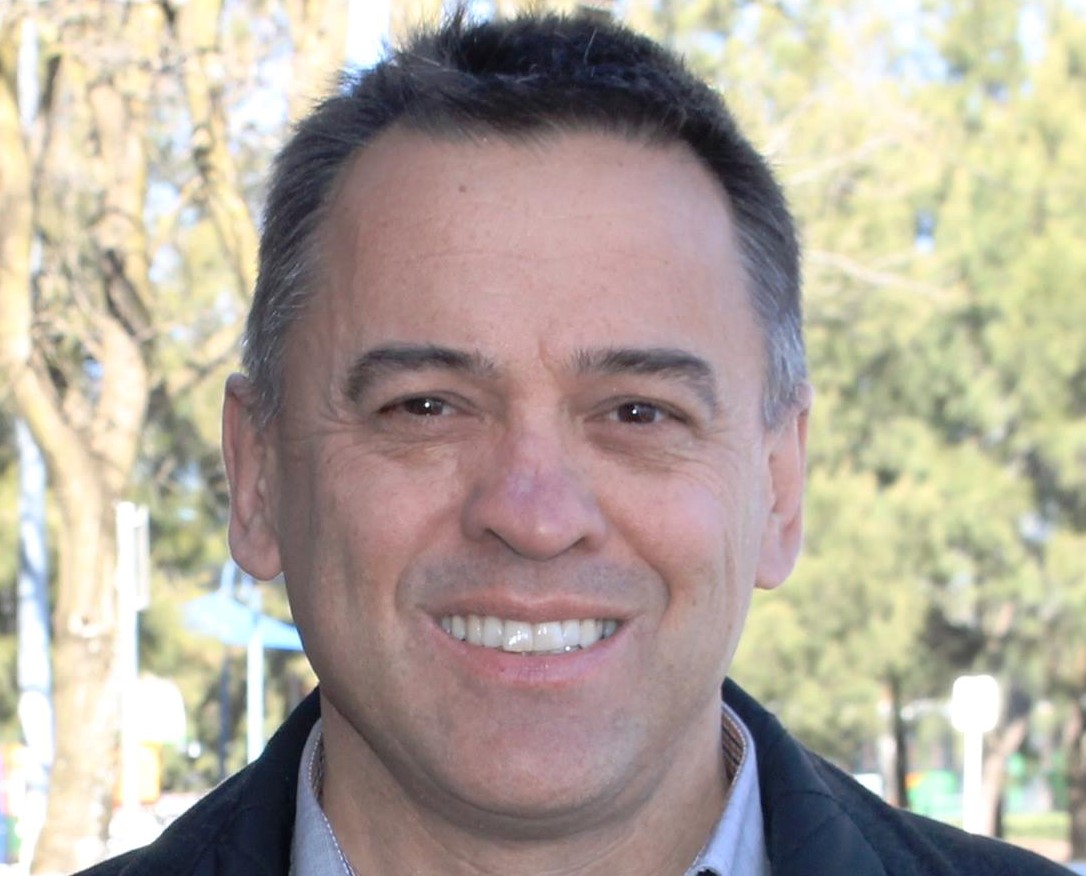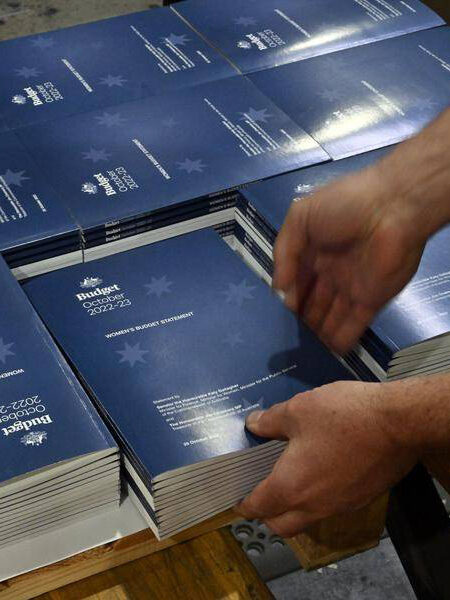The AIHW has previously reported that Aboriginal and Torres Strait Islander people are 20% less likely to get the best care when they go to a hospital emergency department with a heart attack [2]. Furthermore, the Medical Journal of Australia reported that Aboriginal and Torres Strait people are much less likely than non-Indigenous people to get a kidney transplant when needed and that this difference is not explained by individual patient factors or their kidney disease; it was concluded that barriers within policy and practice produced this poor outcome [3].
These findings are just the tip of the institutional racism iceberg in Australian health care. Institutional racism is about how organisations are governed, staffed, develop policies and are held accountable in ways that do not include Aboriginal and Torres Strait Islander people. The inevitable result is poor health care outcomes. It is important to appreciate that the effect is independent of the behaviour or intentions of individual staff, health care professionals and leaders. The ‘behind the scenes’ aspect of institutional racism also masks its presence from Aboriginal and Torres Strait Islander people during their visits and treatment.
The Australian Government’s National Aboriginal and Torres Strait Islander Health Plan 2013-2023 recognises the poor outcomes produced by institutional racism and demands that health care in Australia is ‘free of racism and inequality’ [4]. At the state level, the Queensland Health Department has partnered with the Queensland Aboriginal and Islander Health Council and the Queensland Human Rights Commission to deploy an institutional racism measurement tool for the public health system. This tool is built upon the cutting-edge work of Henrietta and Adrian Marrie who developed a quantitative matrix to assess financial accountability, inclusion in governance, service delivery, policy implementation and employment in Queensland hospitals. The Queensland Health Minister has now brought forward a bill into the Queensland Parliament to require Queensland health and hospital services to develop equity plans for Aboriginal or Torres Strait Islander health and have an Aboriginal or Torres Strait Islander person on their board. In South Australia, similar work is underway where the South Australian Health Department has partnered with the Australian Healthcare and Hospitals Association to adapt the Queensland initiative for the local jurisdiction. Other states and territories need to follow the Queensland and South Australian lead.
At the organisational level hospitals and health care services can reduce institutional racism against Aboriginal and Torres Strait Islander people, and produce better health outcomes by:
- Including Aboriginal and Torres Strait Islander people in the governance of the organisation
- Implementing Aboriginal and Torres Strait Islander health policy
- Publicly reporting on their outcomes for Aboriginal and Torres Strait Islander people
- Employing Aboriginal and Torres Strait Islander staff at all levels and occupations
- Enabling accountability, and in particular financial accountability, for the policies and outcomes of the organisation for Aboriginal and Torres Strait Islander people.
Equity in a public health care system that is free of institutional racism will deliver better health care outcomes for Aboriginal and Torres Strait islander people and make a significant contribution to closing the gap in life expectancy between Aboriginal and Torres Strait Islander people and non-Indigenous people.
Case Study
When I joined the Australian Health Care and Hospitals Association (AHHA) in 2017 it already had a long history of engagement in Aboriginal and Torres Strait Islander health including advocacy to ameliorate institutional racism. I am pleased that during my time with AHHA we have not neglected our own organisation with changes to include:
-
- An Aboriginal person on our board
- An Aboriginal and Torres Strait Islander employment policy
- Partnerships and MOUs with Aboriginal and Torres Strait Islander organisations
- A Reconciliation Action Plan
- Advocacy and publications on Aboriginal and Torres Strait Islander issues
- Workforce development scholarships
- Employment of an Aboriginal person as executive lead on Aboriginal and Torres Strait Islander health.
Other non-Government organisations (NGO), small and large, can learn from this example of how a peak NGO has engaged with reducing its internal institutional racism to enable a better contribution to Close the Gap.
References
- AIHW Elective surgery access
- AIHW in Better Cardiac Care measures for Aboriginal and Torres Strait Islander people – Second national report 2016.
- Khanal N, Lawton PD, Cass A, McDonald SP. Disparity of access to kidney transplantation by Indigenous and non‐Indigenous Australians. Medical Journal of Australia. 2018 Sep;209(6):261-6.
- Australia. National Aboriginal and Torres Strait Islander Health Plan 2013-2023. Department of Health and Ageing, 2013.
- Marrie H, Marrie A, A Matrix for Identifying, Measuring and Monitoring Institutional Racism within Public Hospitals and Health Services. 2014. Bukal Consultancy Services P/L
- https://www.parliament.qld.gov.au/documents/Speeches/spk2019/Steven_Miles-Murrumba-20191128-706741822443.pdf#search=(AUTHOR%20CONTAINS%20(Steven%20Miles))%20OR%20FILENAME(Steven%20Miles%20spk*%20)




